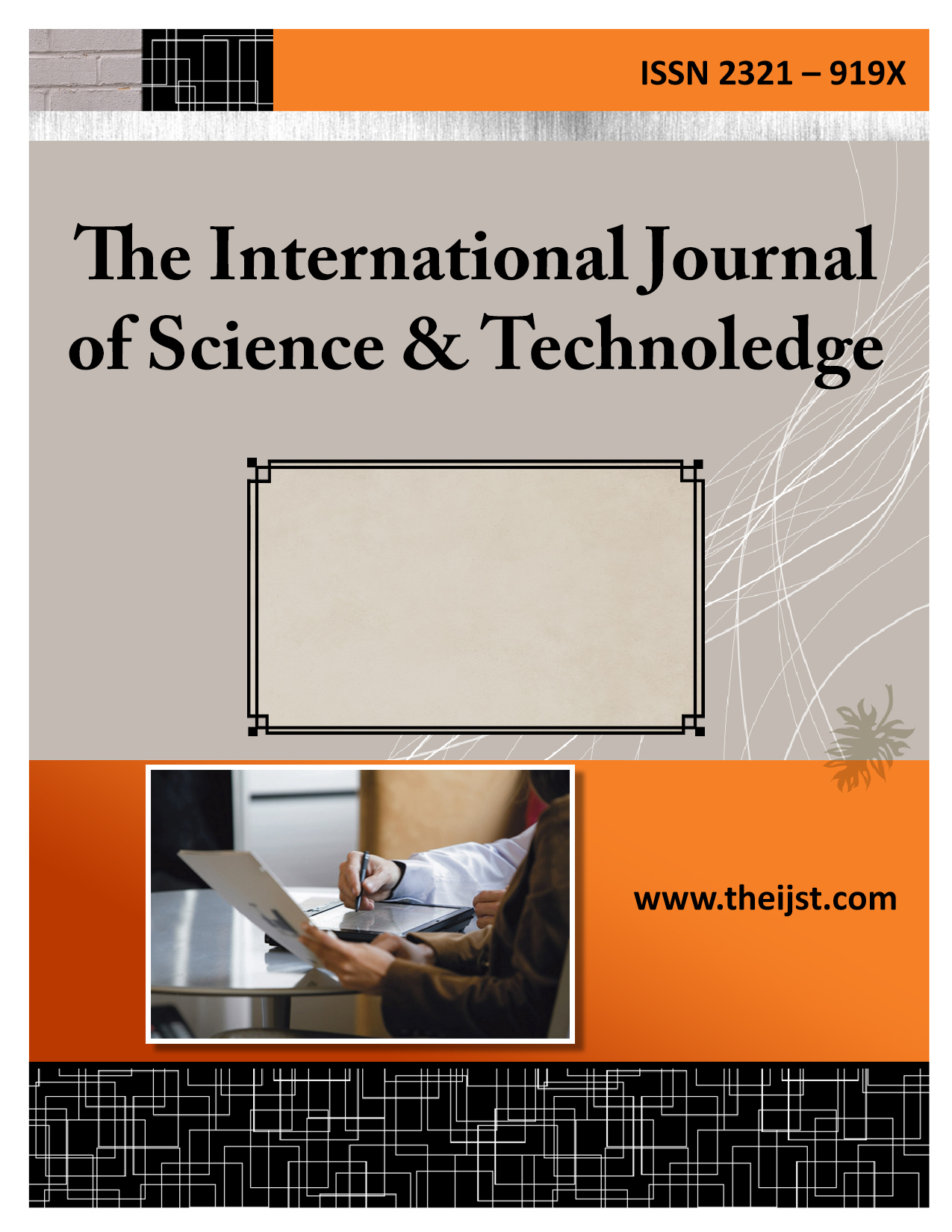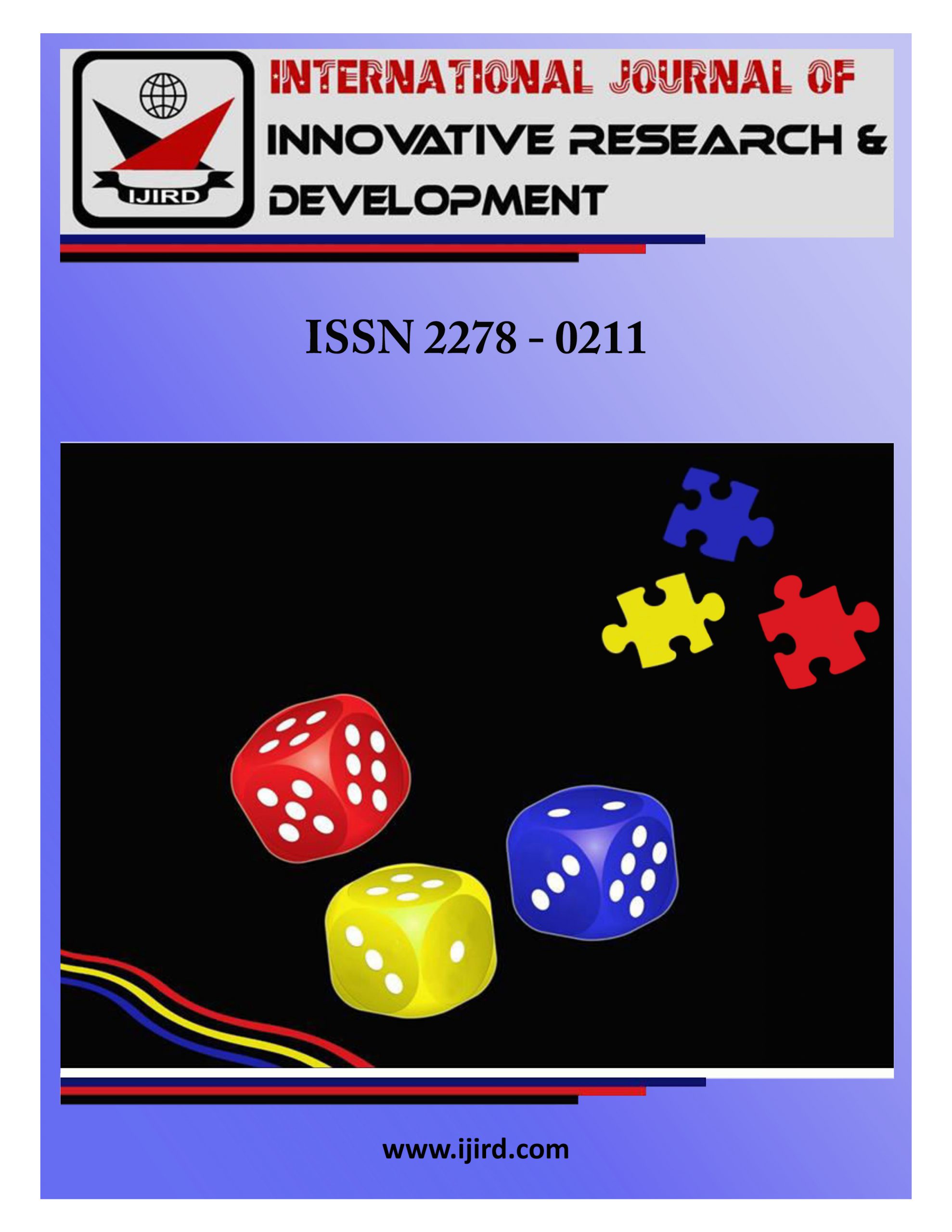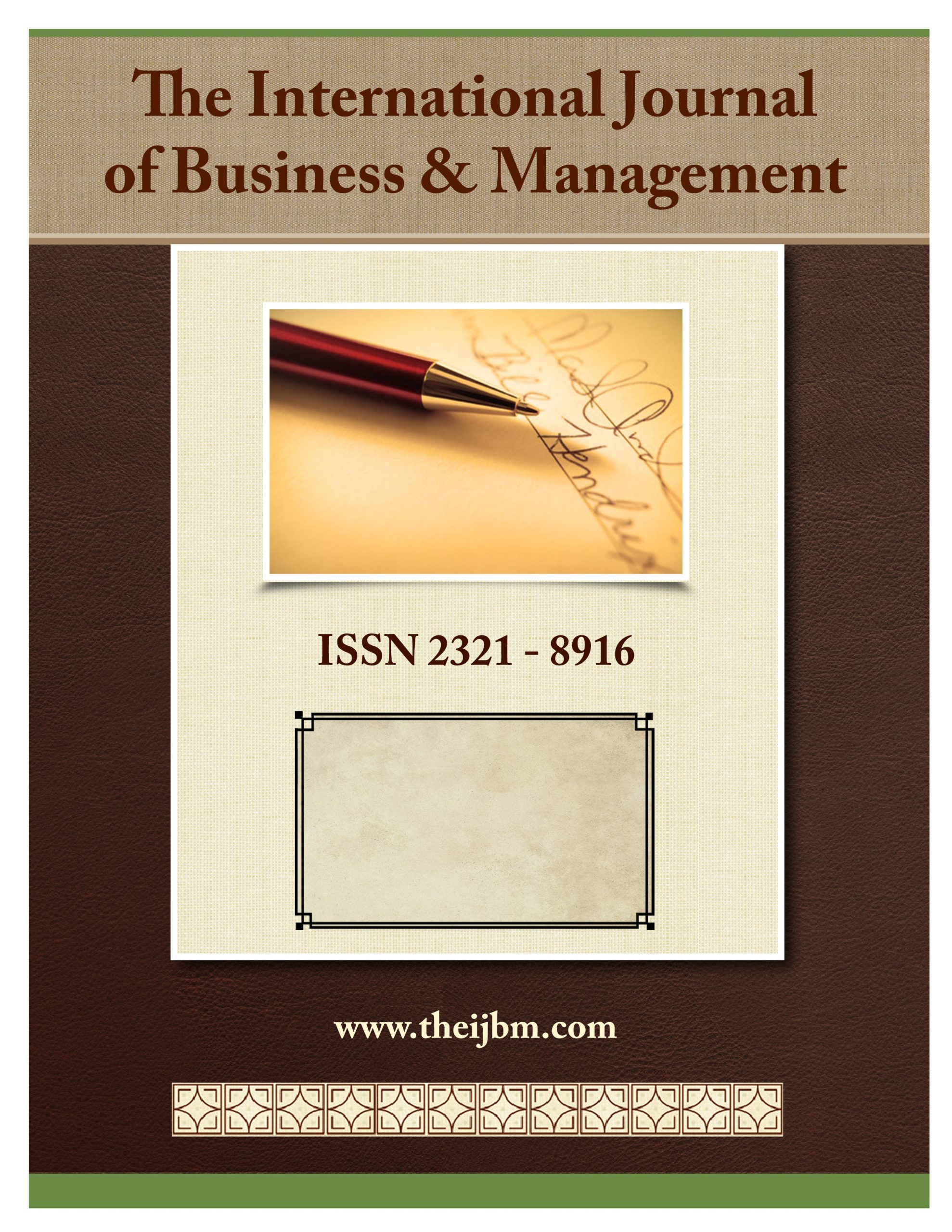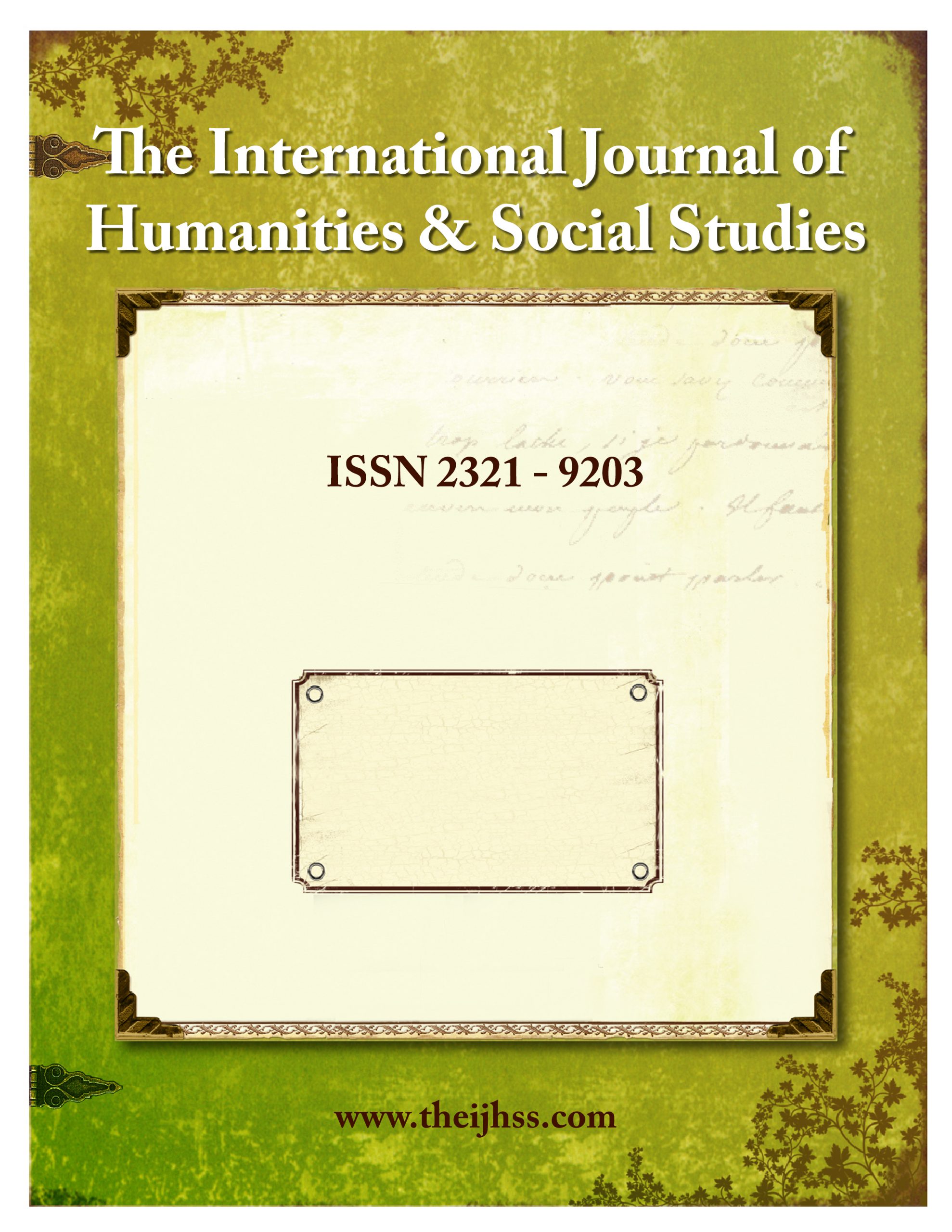Though Scientific researches are about findings, data, interpretations, comparative tools and test to reach towards a certain conclusion. But in the research paper, language is the only medium to disseminate what you have found out through your laborious research work. There are loads of research works coming out every day in their respective international journal. Some get noticed and some are missed due to errors of communication, poor quality of work or simply language. Hence, we cannot underestimate the power of language in a scientific paper.
However, it’s a common problem to be confused between which word to use and which one to leave out. We often stay in dilemma as to whether a particular word is conveying its meaning or is the sentence is turning out to be something else. So, it gets important to choose the words avoiding errors of judgement.
Here are some common errors during choice of words for a scientific paper and how they can be avoided:
- Same sounding words- English dictionary are loaded with pearls and gems of words, unfortunately which are too much for writers to find from a pile of coal. There are many words with same spelling but different meanings like ‘beat’, one means to hit, and the other means to defeat. Then there are words with similar sounds or pronunciation, but different meanings like ‘be’ and ‘bee’. For a non-native speaker it can be genuinely confusing to apply such words in their scientific paper, especially when there is the pressure of getting chosen in an international journal. E.g. it is hard to know the difference between ‘principal’ and ‘principle’, where ‘principle’ is a noun meaning a rule or law like Darwin’s principle of Evolution and ‘principal’ is an adjective meaning main or important like a principal too for data analysis. Whenever, you come across such words in your flow of writing try to replace them with some other words which has uniqueness.
- Spelling errors due to different pronunciations- The cultural aspect of a person’s being can affect his/her pronunciation of a particular word. Let’s take the word ‘pronunciation’ itself. Culturally, it is recited as ‘pro-noun-ciation’ in certain countries, keeping a verisimilitude with ‘pronounce’ which can actually be misleading for the spelling. Due to phonetic differences between Japanese and English, ‘l’ and ‘r’ sounds are often confused by researchers of the region. Like author says, “correct” instead of “collect”, “arrow” instead of “allow” etc. and this affect the writing part too. The best way is to improve your stock of words. Look up such words that have ‘l’ and ‘r’ sounds and read and re-read them several times, to get their meanings.
- Words with similar meanings but different connotations- now words can be more deceptive when they do not sound same, but come with the camouflage of similar meaning. E.g. the words “devise” and “develop”, both of which means making something new, but devise means just the plan or draft while develop is the more appropriate word if a system is invented. When an international journal chooses to publish a research work, such errors can count a lot on the author, as the sentences will mean something else than intended. The solution is practice, practice and more practice.
- Adding the wrong prefix or suffix- This happens when the mind plays game with you. You feel there is a certain way to spell a certain word, but in actuality, the standard word may have some different spelling. Especially, wrong prefixes and suffixes are commonly attached by many authors to build a wrong word in their sentence. E.g. writing “determinated” when correct form is “determined” OR writing “unbalance” when real word is “imbalance”.
- Singular and plural forms- International journals have high standards these days. Grammatically correct papers are the only politically correct papers. Like the word “information”, which is neither singular or plural is always followed by verb ‘is’. Also usage of plural or singular verbs depend on the sentence e.g. “the performance of the samples was evaluated”, but a “a series of tests were conducted”. Also, it is easy to confuse “data” as a singular noun and use is after that, but actually data is plural form of datum.
Thus, micromanaging word selection and maintaining some caution can help you avoid errors related to choosing words for your scientific journal.










